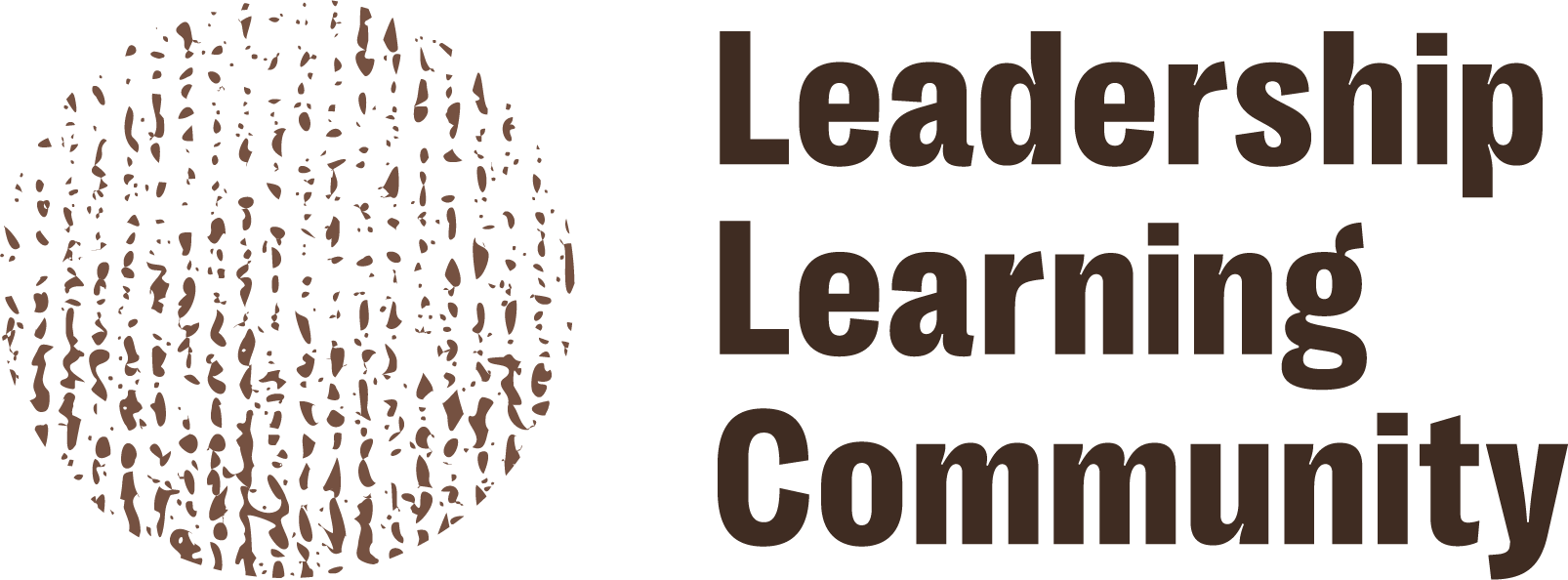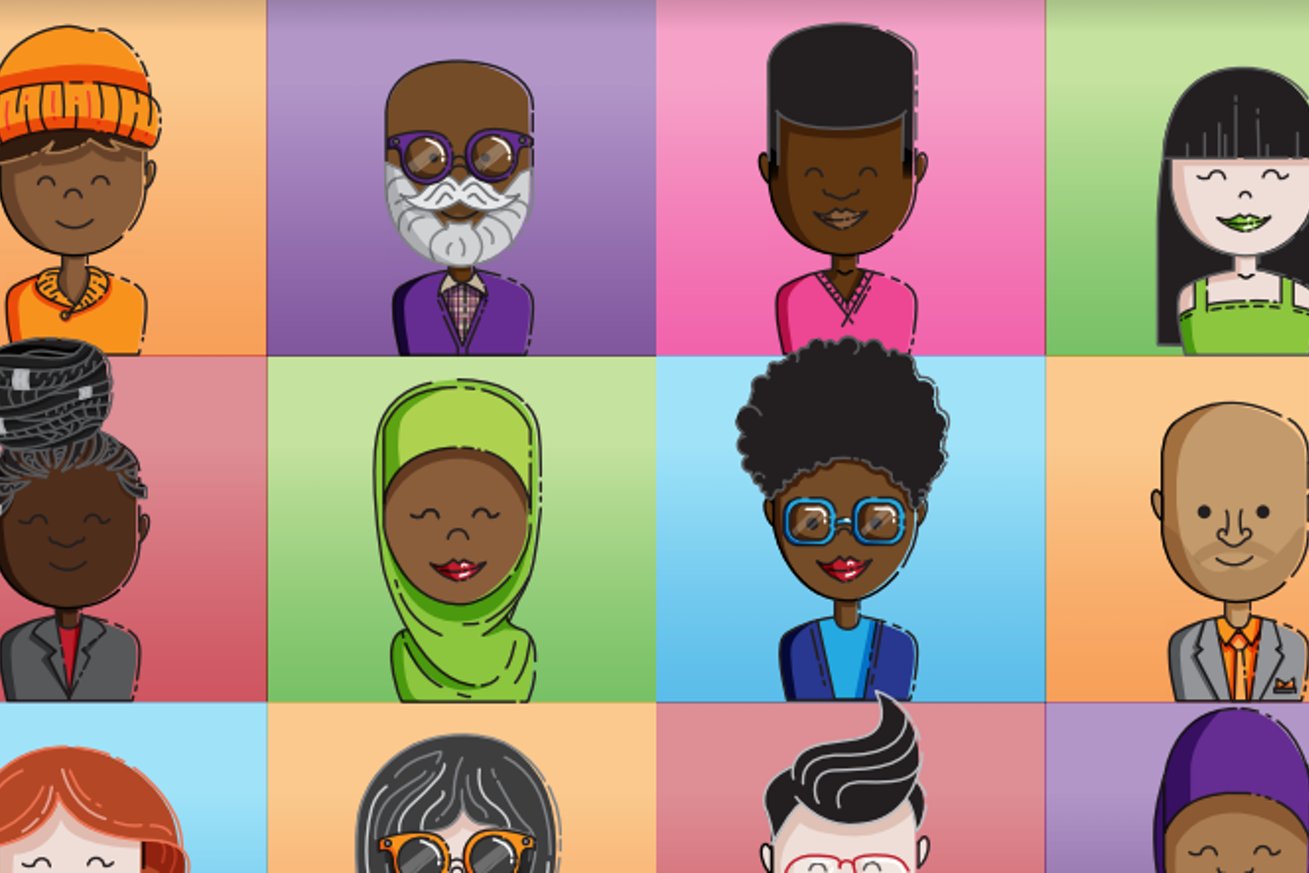Last month I connected with an old friend, Kent Wong, Director of the UCLA Labor Center. It was a total shot in the arm to hear him talk about the labor movement in Los Angeles taking up social justice under the new leadership of people of color, women and immigrants (and we definitely need to celebrate all good news in the current political environment). As I listened to Kent talk about Janitors for Justice and car wash workers organizing in L.A.. it occured to me that he would be the perfect catalyst for our virtual Creating Space Session. We were able to record his short presentation here, so if you happened to miss it, you can still listen. Here are a few of the highlights for me:
- Who leads is important
- We need intentional strategies to support leadership (rank and file workers/community)
- We need to support people in context to build power
Who leads is important: Through unions, workers have been able to organize to shift power and secure some big wins. For example, union representation for immigrant workers, improvements in working conditions and protection from sexual harassment, and increased wages for low-income workers. Over 300,000 home care workers, mostly women of color and immigrants won a campaign for union representation. What was striking in Kent’s presentation is that many of the changes have occurred as old guard leadership has been replaced by the leadership of previously underrepresented groups coming up from the rank and file. Who leads makes a difference, and having a diverse group leading from their own experiences in poor working conditions has given rise to a broader social justice vision for the labor movement. Hearing this story surfaced a question for us about how this new wave of leadership was identified and supported to take up leadership.
Intentional strategies for developing new leadership: Kent described a philosophy and practices for supporting a new generation of leadership who have been historically excluded. First he talked about popular education as an underpinning of their work. Popular education theory found a strong place in current approaches to leadership and learning through the work of Paulo Freire, a Brazilian educator and writer who was concerned about literacy education for poor and politically disempowered people in his country. Popular education uses dialogue to help people understand how their personal experiences are connected to larger societal problems. Freire saw popular education as a way to empower people who feel marginalized socially and politically to effect social change. The UCLA Labor Center intentionally develops leadership through a number of leadership institutes for workers to prepare them for union leadership by providing them with theory (the history of the labor movement) and practice opportunities through their union organizing. They have ran an African American Union School that launched a Black Workers Center to organized around the job crisis, a Spanish Language Union School for hotel workers, janitors, home care workers, and car wash workers whose primary language is Spanish, a Union Leadership School for Women and an LGBTQ Leadership School. They also place 200 students and workers into internships with unions where they learn and bring skills in organizing and research.
Supporting people in context: By supporting people in institutions focused on shifting power and in campaigns, leadership is directly connected to the on the ground changes people are trying to make in their lives and their communities. Power is collective, not individual. When leadership approaches are situated within groups trying to make systemic change, as we can see from the Los Angeles labor movement, we have a different story to tell about leadership and how to shift power.
Related Posts
February 24, 2025
DEI and the Monster: Fear, Policy, and the Future of Inclusion
October 17, 2024
On the Joy of Relationship-Centered Collaboration
February 26, 2021
Reflection at the End of Black History Month 2021
February 12, 2020




